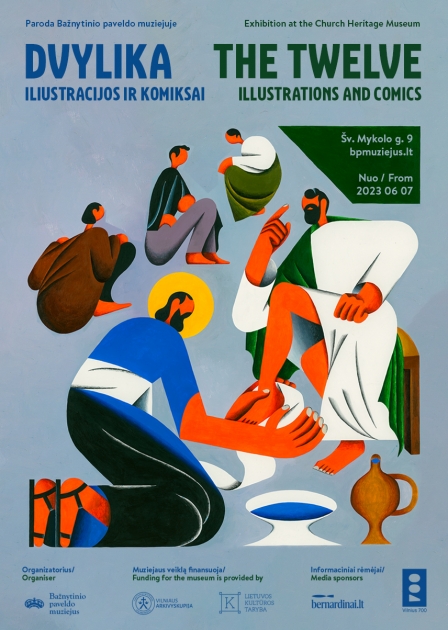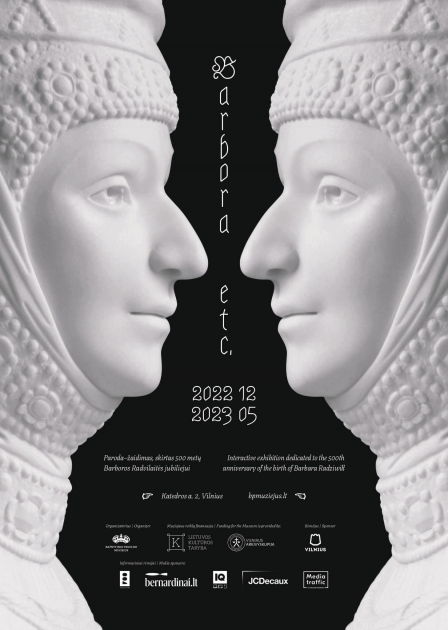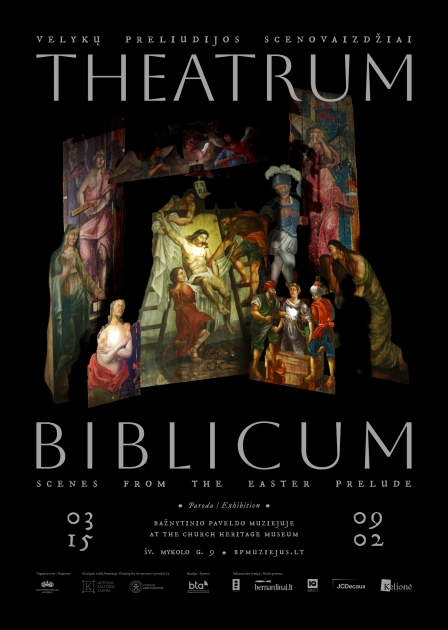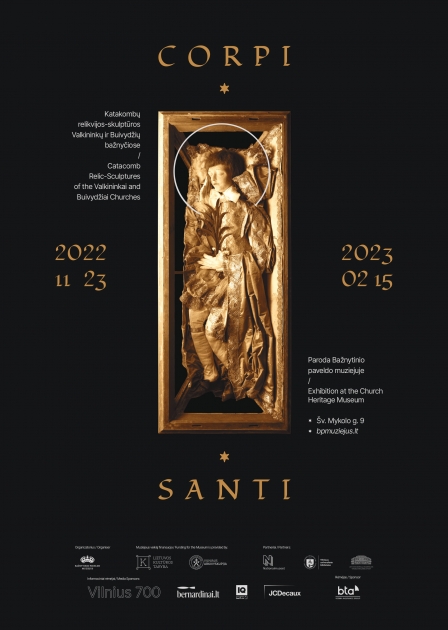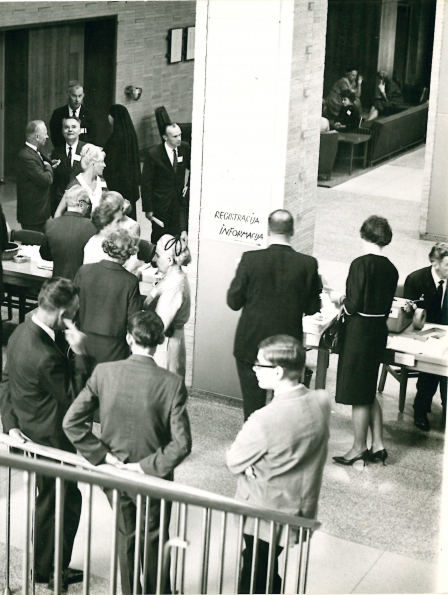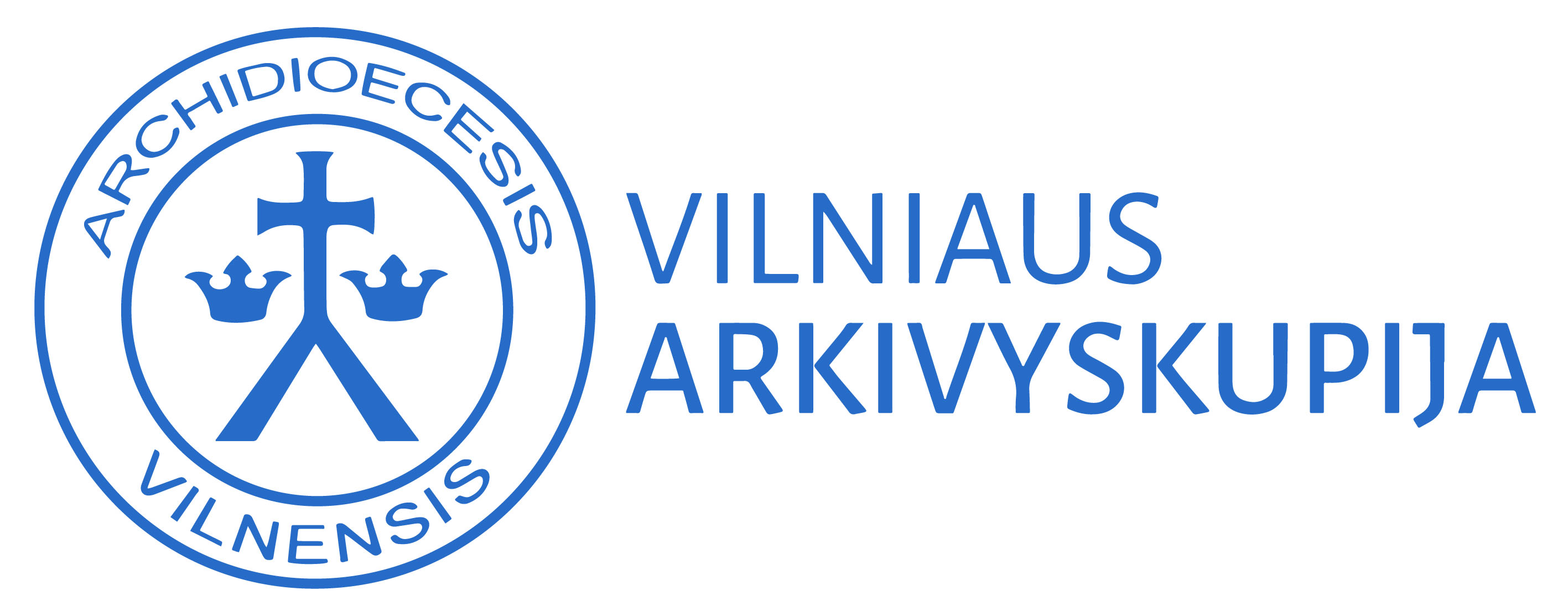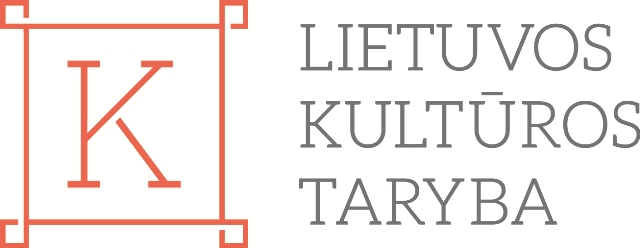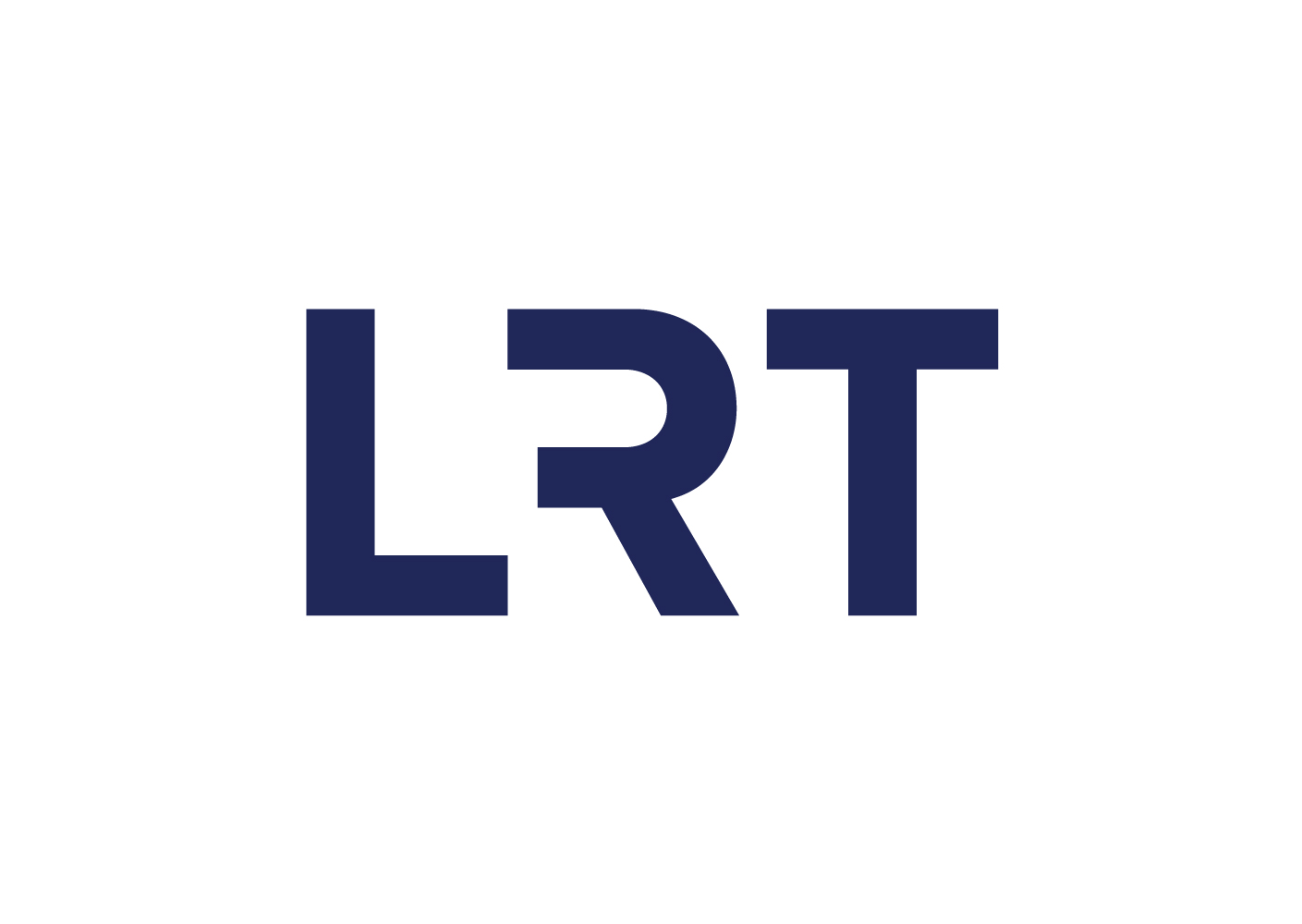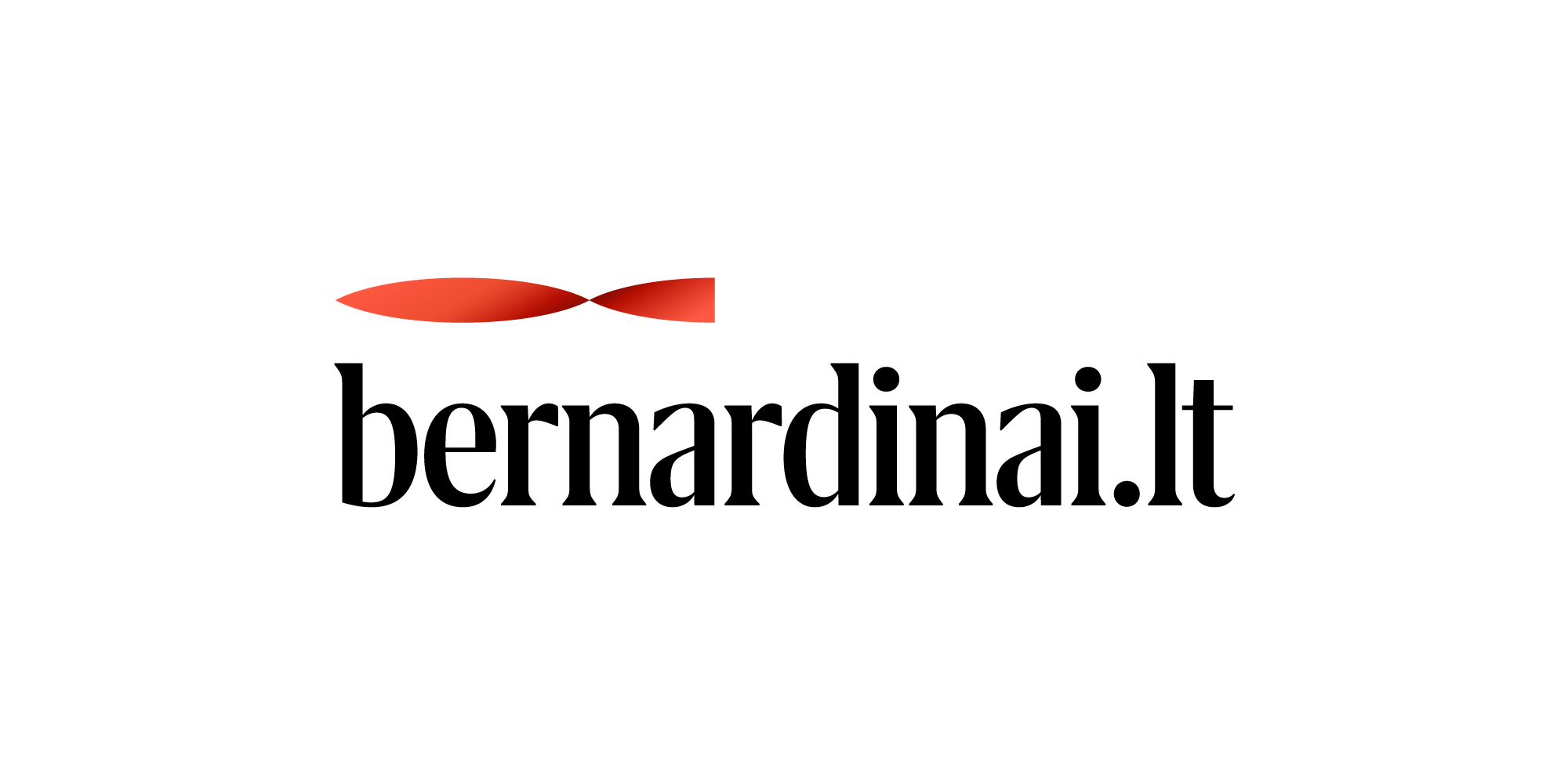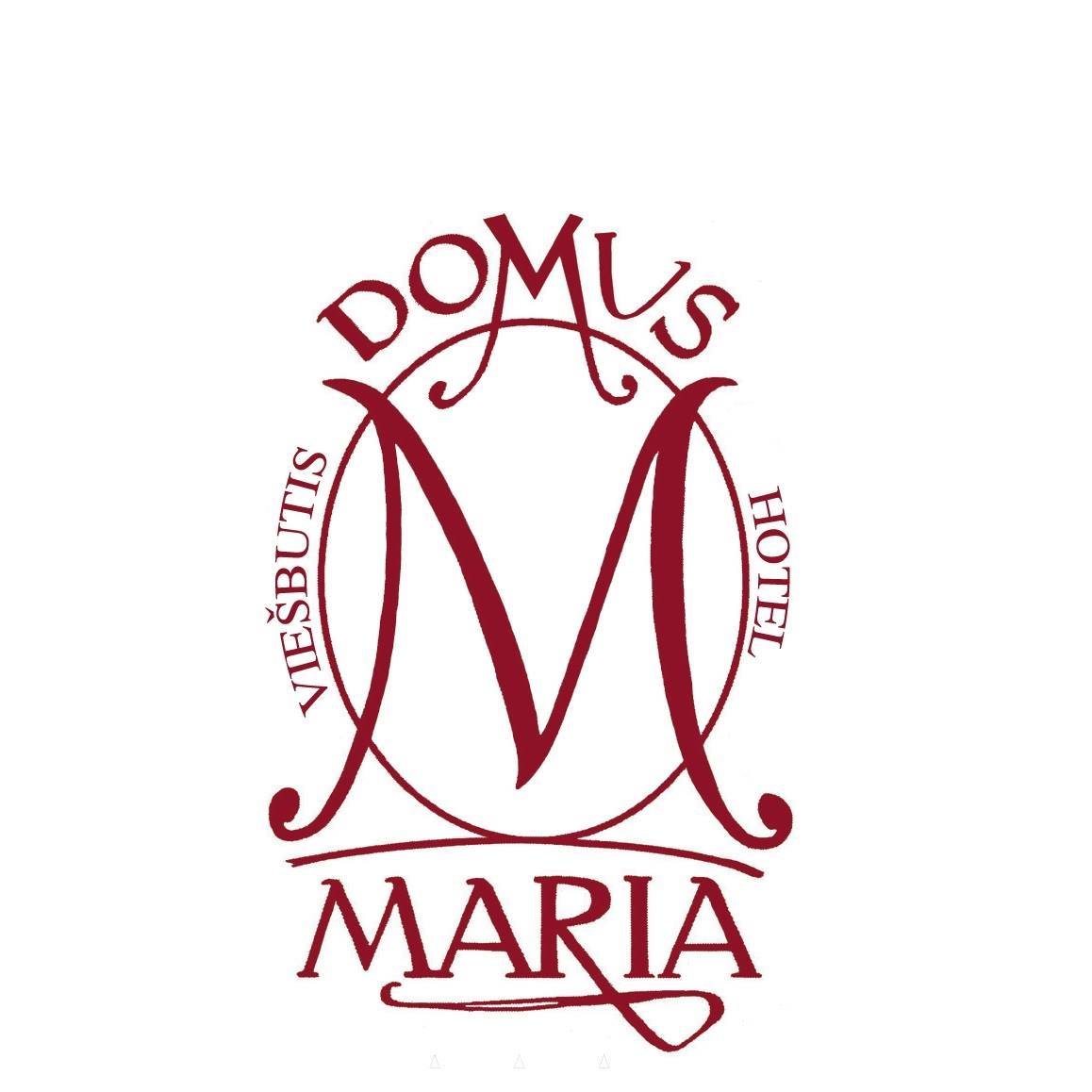Past Exhibitions
The exhibition presents the first disciples of Jesus Christ who were called apostles (Greek apostolos, ‘messenger’).The tradition of representing the apostles developed based on biblical stories, apocryphal works, and legends. Artists from Lithuania, Latvia, Estonia, Poland, and Ukraine have chosen comics and illustrations genres to make drawings that follow the usual iconographic tradition, or discovered an original way of narration and representation.
2022 12 17 – 2023 05 31
The exhibition at the bell tower of Vilnius Cathedral was dedicated to the 500th anniversary of Barbara Radziwiłł‘s birth. The exhibition took the form of an imaginary Barbara’s drawer chest. Its 24 drawers represented different aspects of the noblewoman’s life. For example, one of them invited visitors to feel the textures of the pearls and textiles worn by the queen, another – to smell the medicinal mixtures prepared by her doctor or to explore the dental hygiene of the 16th century. Also, Barbara’s correspondence allowed visitors to reflect on what she was like personally and whom she shared her joys and sorrows with. Moreover, visitors founnd out Barbara’s favourite dessert and its recipe, preserved since the 16th century.
2023 03 15 – 2023 08 26
Exhibition Theatrum biblicum (The Bible Theatre) of the Church Heritage Museum is dedicated to scenography. It presents a unique collection of baroque Holy Week and Easter decorations discovered in the last decade, painted scenes from the Old and New Testaments from St. James the Apostle Church in Švėkšna and from the collections of other Lithuanian churches and museums. By interacting with each other, these works of specific function show how the Holy Week liturgy was conceived through metaphors and allegories in the 18th century and the first half of the 19th century. Installed during the Holy Week, the scenery changed the customary view of the church, turning its interior into an impressive, striking space that served to express the main idea.
2022 11 23 – 2023 02 15
The exhibition of the Church Heritage Museum presented the relics-sculptures from the Roman catacombs, the so-called corpisanti (Latin ‘holy bodies’). From the middle of the 18th to the middle of the 19th century, they were globally distributed across over twenty countries. In the centre of this exhibition were the relics-sculptures of St. Boniface and St. Florian, the only two surviving examples of corpisanti in Lithuania. The exhibition represented the ritual translation (translatio) of these relics to the Valkininkai and Buivydžiai churches, the symbolic and religious meaning of the sculptures, the historical environment and artistic features, written and iconographic sources, the radiographic analysis of the relics of the holy martyrs, as well as other geographically closest cases evidencing the relics of this type that were destroyed, lost or survived outside Lithuania, and bearing witness to the phenomenon that has reached our times.
2022 09 19 – 2022 12 01
The Lithuanian Catholic Academy of Science (LCAS), the oldest academic organisation in Lithuania, is celebrating the centenary from the establishment. In Šiauliai, Kaunas, Vilnius, Klaipėda the Church Heritage Museum together with the Academy presents the itinerant exhibition which tells the history and explores the activities of this institution.
